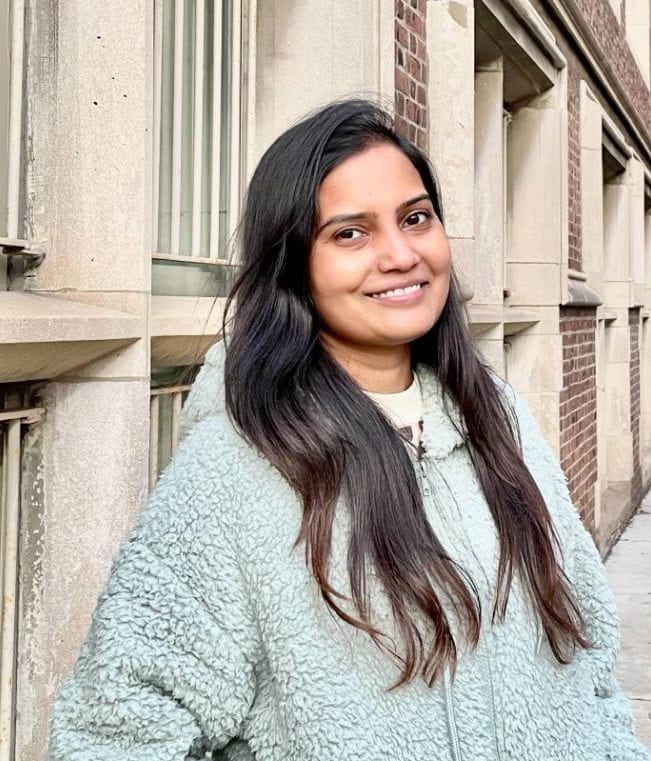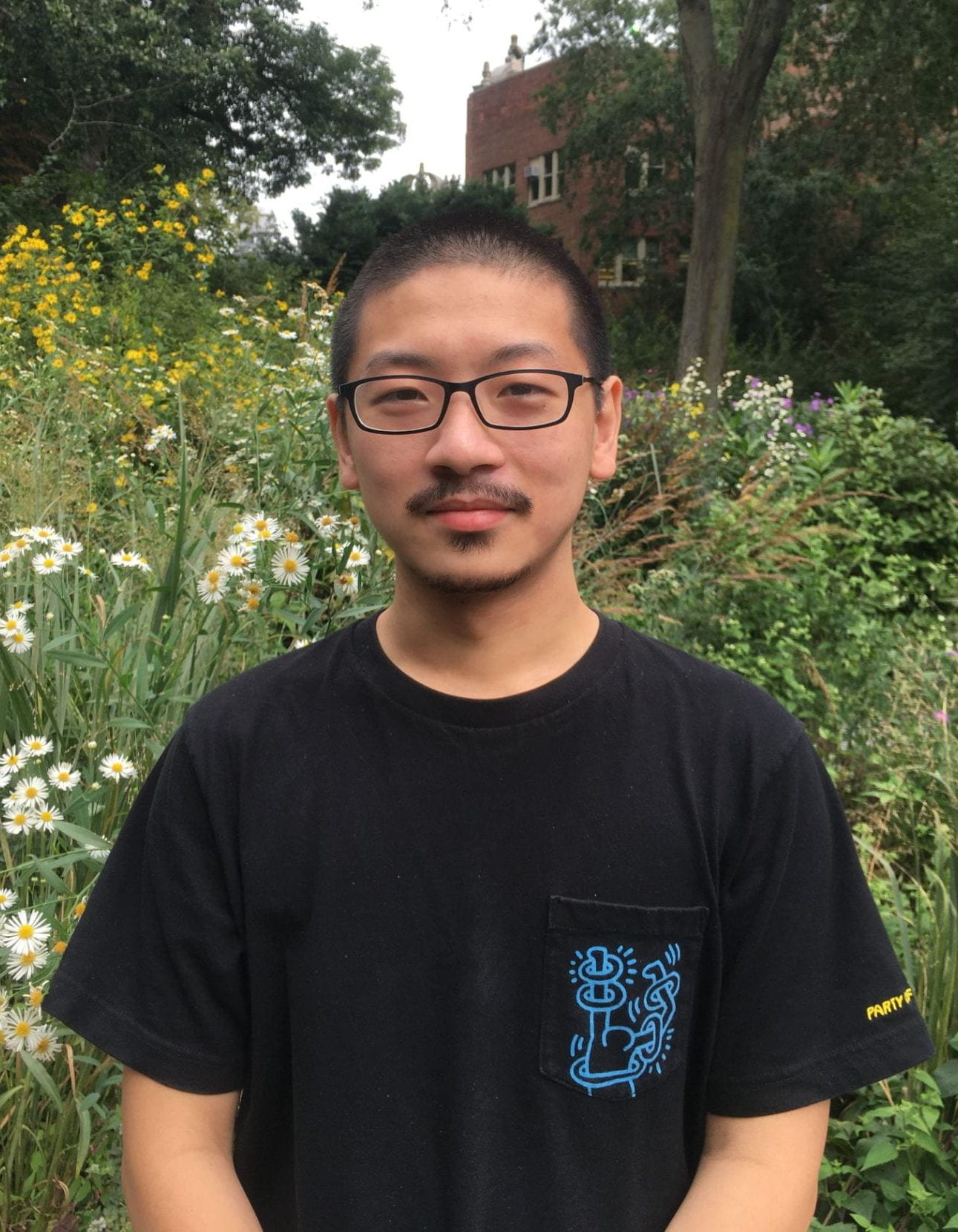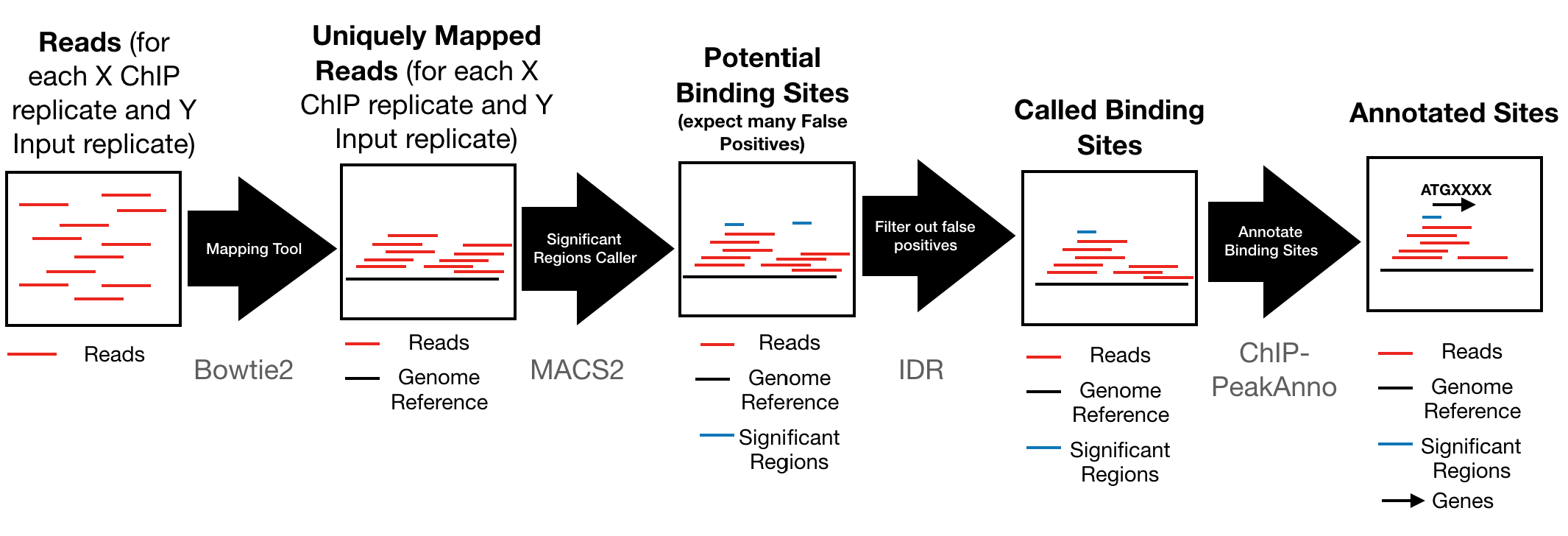
Two positions are available in the Wagner lab to investigate developmental and environmental reprogramming of cell fate and function in Arabidopsis in the context of chromatin. We study reprogramming in a variety of biological contexts using a combination of approaches.
The positions are in the following areas:
How do plants tell time? Seasonal cues such as daylength determine when plants flower. Mobile plant proteins like TFL1 co-ordinate this transition. Use genetic, biochemical and imaging approaches to understand how they execute this role.
Epigenetic tailoring of phenotypes Use selective tethering, destruction, or repurposing of master chromatin factors to modulate organism form and function. Requires reverse genetic, biochemical, chemical biology and molecular approaches.
Compare the mode of Polycomb repressive complex 2 recruitment in species with small and large genomes. Use of epigenomic, computational (including machine learning), molecular and reverse genetic approaches to test the hypothesis that large genome size/ repetitive DNA content necessitate a different mode of Polycomb recruitment as the one we and others described for Arabidopsis.
The successful candidate should be about to complete or have recently completed their PhD and should have a strong publication record. We look for an applicant that is able to work both independently and in a team, and is highly productive. Proficiency in either confocal imaging, protein purifications/mass spec, genomic approaches or computational biology/modeling is desirable.
The University of Pennsylvania Biology Department has an excellent core of Plant Biology research groups, and the Wagner group is also part of the superb Penn Epigenetics Institute. Philadelphia is a vibrant and livable city, bike friendly and walkable, with great restaurants and other activities.
Those interested should submit a cover letter (1-2 pages) outlining their research interest and career goals, a current curriculum vitae, and names and contact information of three referees to wagnerdo@sas.upenn.edu




You must be logged in to post a comment.